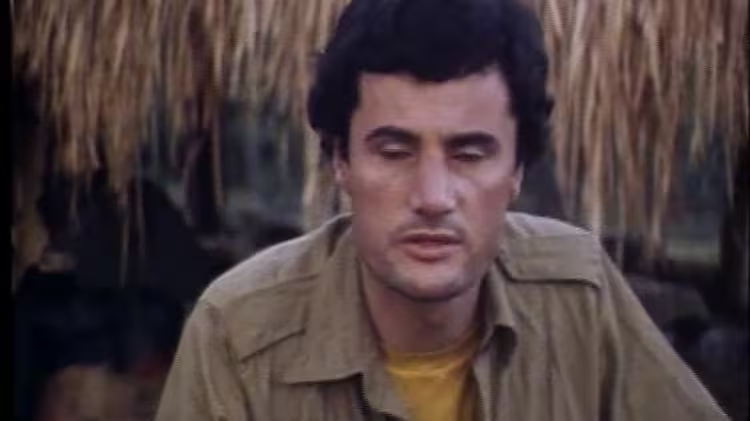
The betrayal of the East Timorese by the international community.
“We are showing this updated version because the people of East Timor are in the news at last, once again fighting for their lives, and because their murderers continue to receive arms from this British government, contrary to its boast about an ethical foreign policy.”
Death of a Nation, John Pilger’s 1994 documentary about the 1975 invasion of East Timor and the genocide that followed, triggered more than 4,000 calls a minute to a helpline telephone number in the hours following its British TV screening.
The film’s contribution to the “struggle of the East Timorese people for their freedom” was mentioned in the preamble to the awarding of the 1996 Nobel Peace Prize to Jose Ramos-Horta, the country’s foreign minister-in-exile, and Bishop Belo.
Three years later, shortly after Indonesian dictator General Suharto had been overthrown and a referendum on independence was planned, Pilger updated the documentary under its subsidiary title of The Timor Conspiracy.
After a reminder of the horrors documented in the original film, Pilger examines the new British Labour government’s record of selling arms to countries with poor human rights records, in spite of a claim to an “ethical” dimension in foreign policy. In new interviews, Derek Fatchett, Minister of State at the Foreign Office, answers Pilger’s questions about continuing sales of Hawk aircraft and arms to Indonesia while Portugal’s new President, Jorge Sampaio, pledges to stand by the East Timorese if they vote for independence.
The Timor Conspiracy resulted in an even greater telephone helpline response than the original film, with more than half a million calls.
The Timor Conspiracy (Central Independent Television), ITV, 26 January 1999
Producer-director: David Munro (52 mins)


